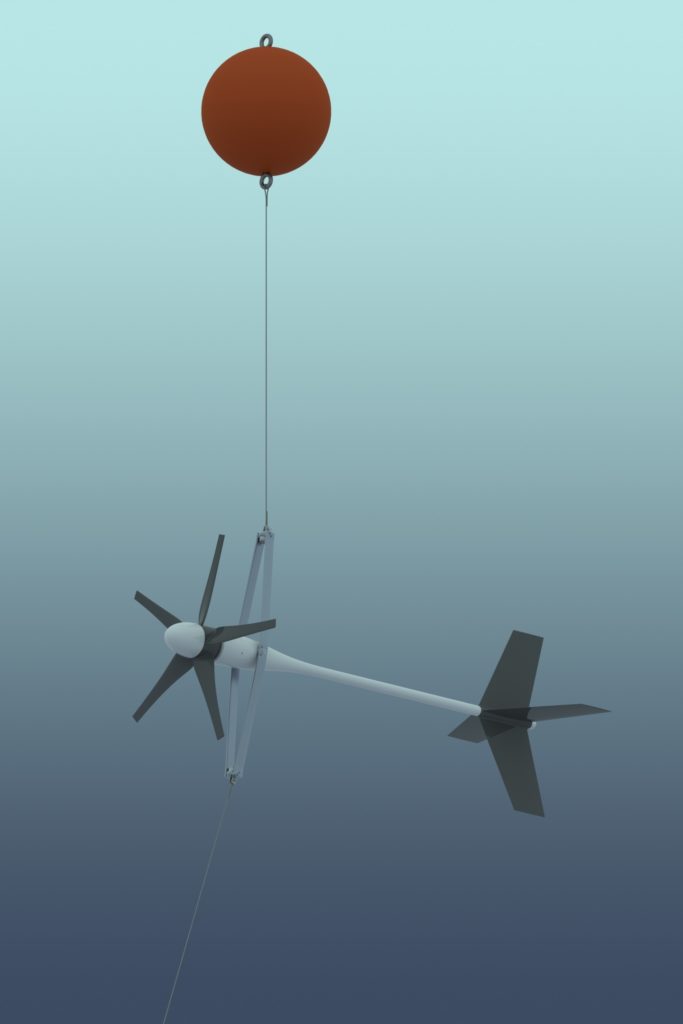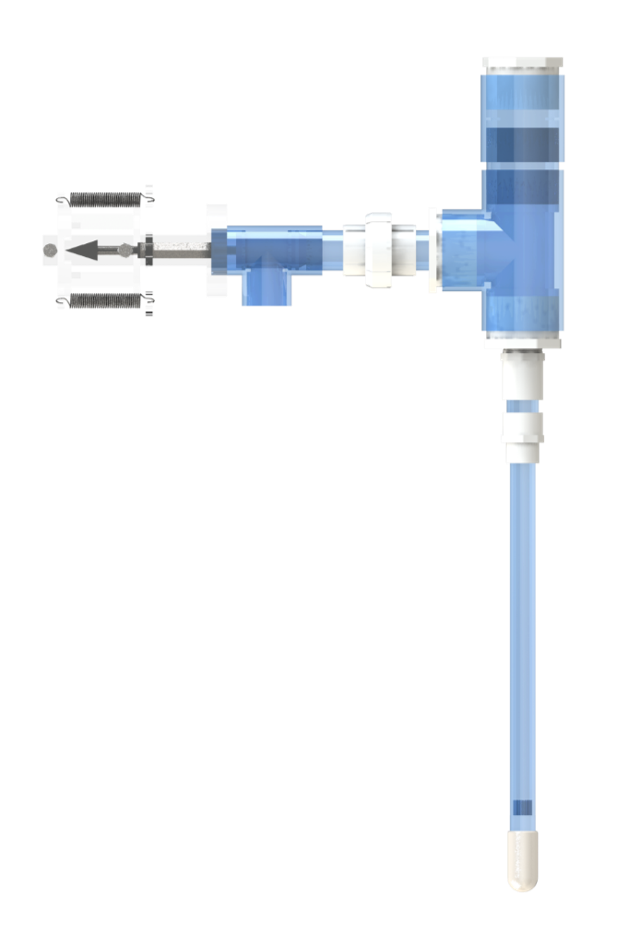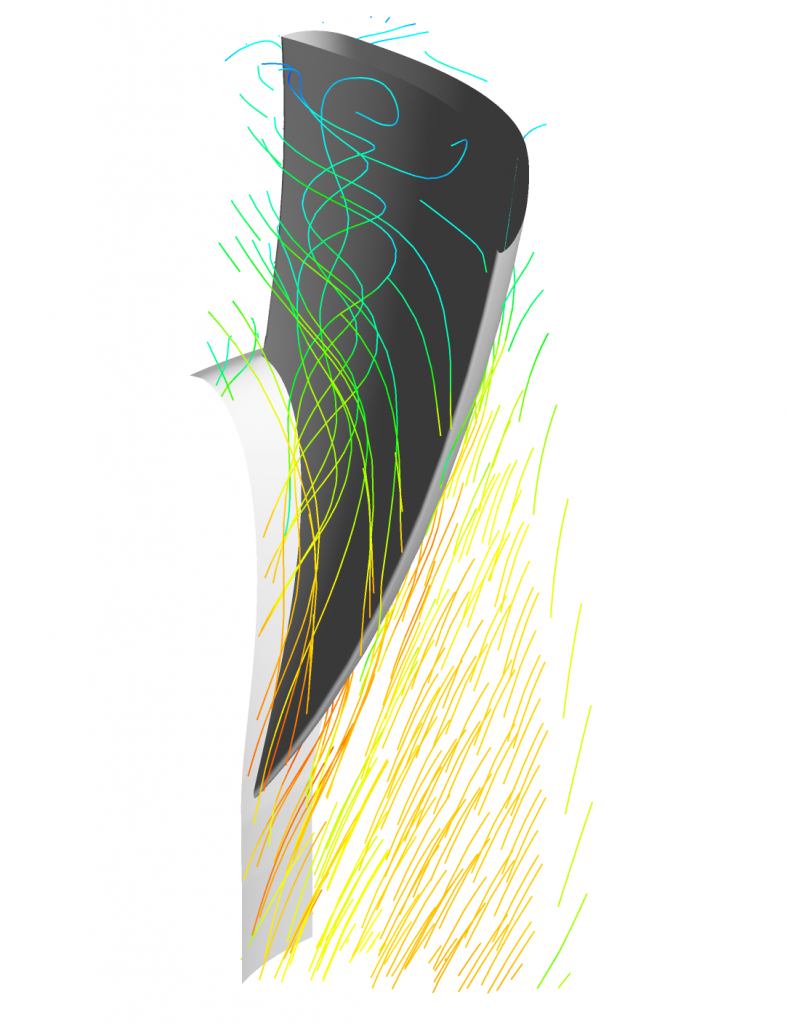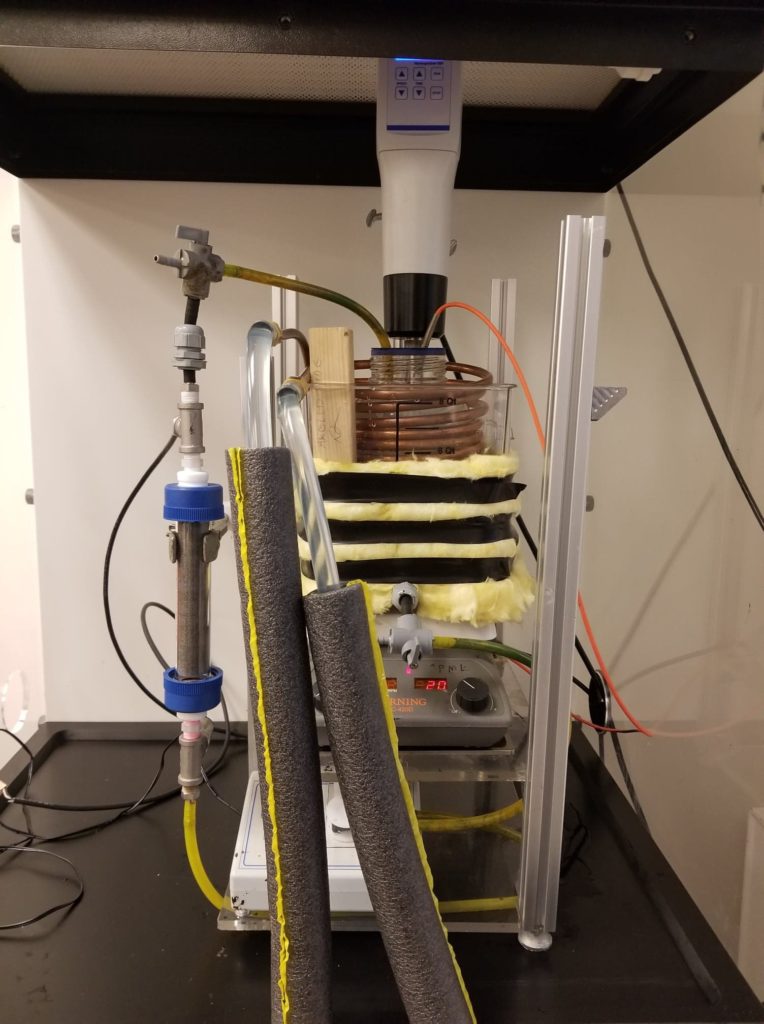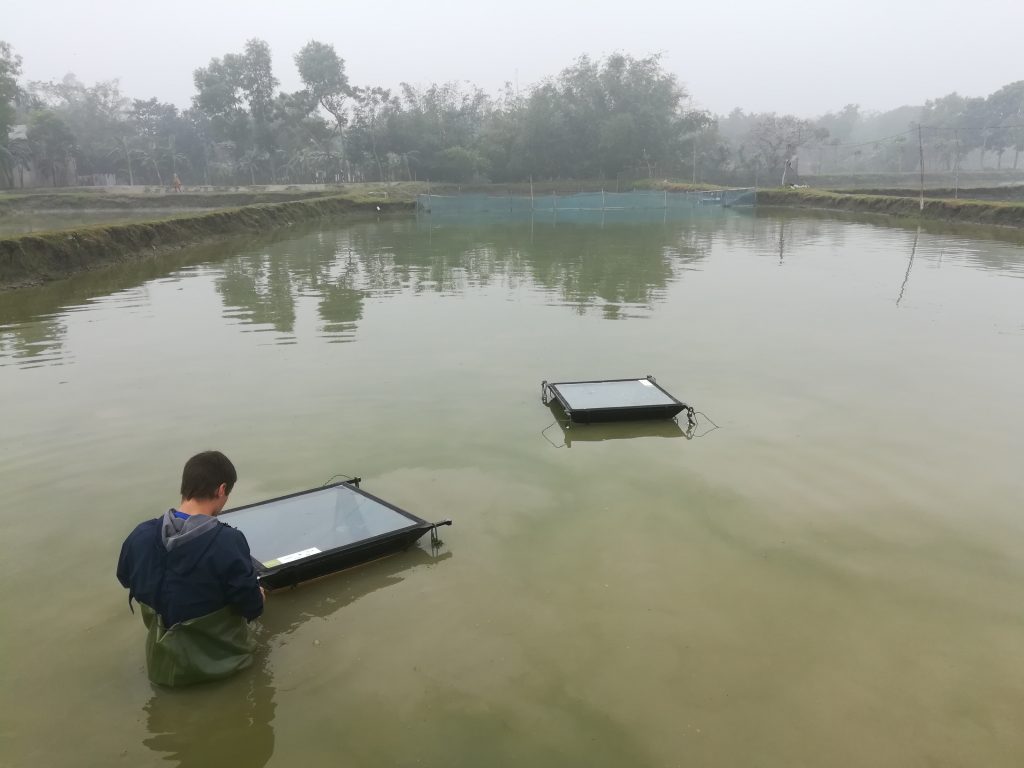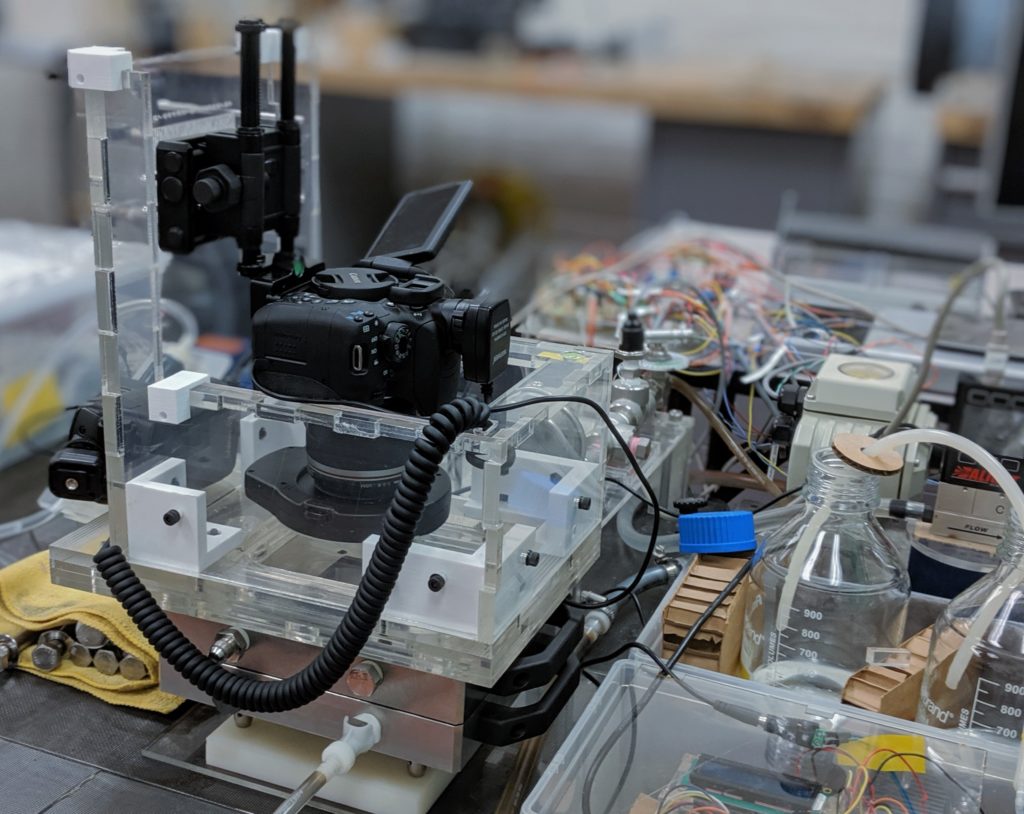Sustainable Sanitation Technologies for Peri-Urban Environments
Peri-urban settlements usually lack water infrastructure and have inadequate fecal sludge management, and while onsite sanitation alternatives have been implemented in the past, adoption rates remain low and water-based solutions tend to fail in water-scarce regions. The use of dry toilets can mitigate some of the water limitations, but onsite treatment remains a challenge. By […]
Sustainable Sanitation Technologies for Peri-Urban Environments Read More »


